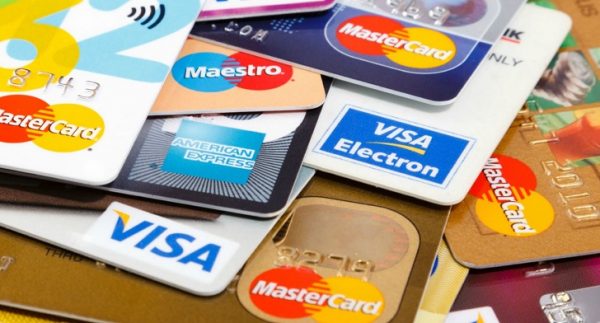As the foreign exchange crisis continues to bite, more banks are imposing increasingly severe restrictions on the use of Naira ATM cards. While some banks have suspended the use of Naira ATM cards for any non-local use, others have maintained varying degrees of restrictions on the use of debit and credit cards.
The scarcity of FOREX has been created and sustained by lower crude oil prices. Because Nigeria depends heavily upon the export of this product for its foreign exchange, lower prices have translated to fewer foreign currencies coming in Nigeria’s direction. This has meant that sourcing for dollars, for example, has become a challenging mission to embark upon. The policy adopted by commercial banks to curtail transactions which would “leak” precious FOREX out of the system, appears to be backed by the Central Bank of Nigeria’s determination to “save the naira”. Financial institutions have taken measures to stave off any further severe shortage of FOREX, but these measures have largely been fixed by individual banks.
A survey of the response of banks to the FOREX crisis via the ATM-use restriction channel reveals that different approaches have been taken. Sources from GTB (Guaranteed Trust Bank), one of Nigeria’s commercial banks, has disallowed transactions involving ATM cards in certain East Asian countries including Malaysia and China; but these cards can still be used in many countries around the world. Information obtained from First Bank suggests that withdrawals at ATMs located in other countries using debit cards from that bank are limited to $300 per day. However, officials at UBA (United Bank for Africa) say that cash withdrawals and purchases are only possible with naira ATM cards issued by them if these transactions are carried out locally and involve goods priced in naira. The perception of the changing dynamics of the FOREX market by financial institutions and the advice they receive from the Central Bank inform the decisions these institutions take. It is therefore not to be expected that the stances they have taken on this issue will remain fixed.
According to the CBN, the prevailing currency restrictions placed on ATM card usage abroad and for foreign transactions will remain until the country’s foreign reserve is built up to what it considers a satisfactory level. The ban on the use of ATM cards in certain Asian countries imposed by some banks has been attributed to the high volume of transactions which Nigerians in those countries carry out using credit and debit cards issued by Nigerian banks. In any case, it would most likely take a reversal of the CBN’s current policy of “defending the naira” for these stops to be removed- if the exchange rate of the naira against major foreign currencies do not settle at levels it (the CBN) considers favourable.
In the meantime, customers whose banks have implemented an absolute ban on the use of naira ATM cards for international transactions can use debit cards issued by banks for domiciliary accounts, or other universally acceptable cards issued for payment systems such as Payoneer and Paypal.


